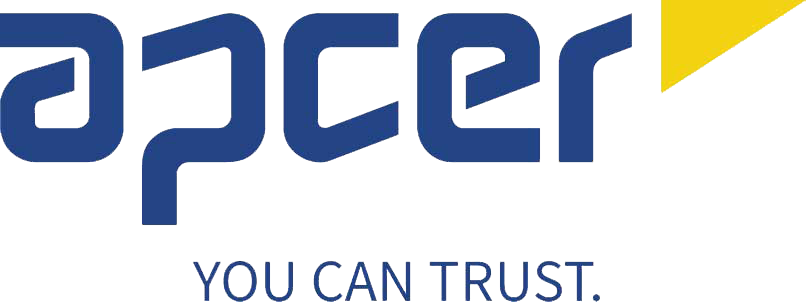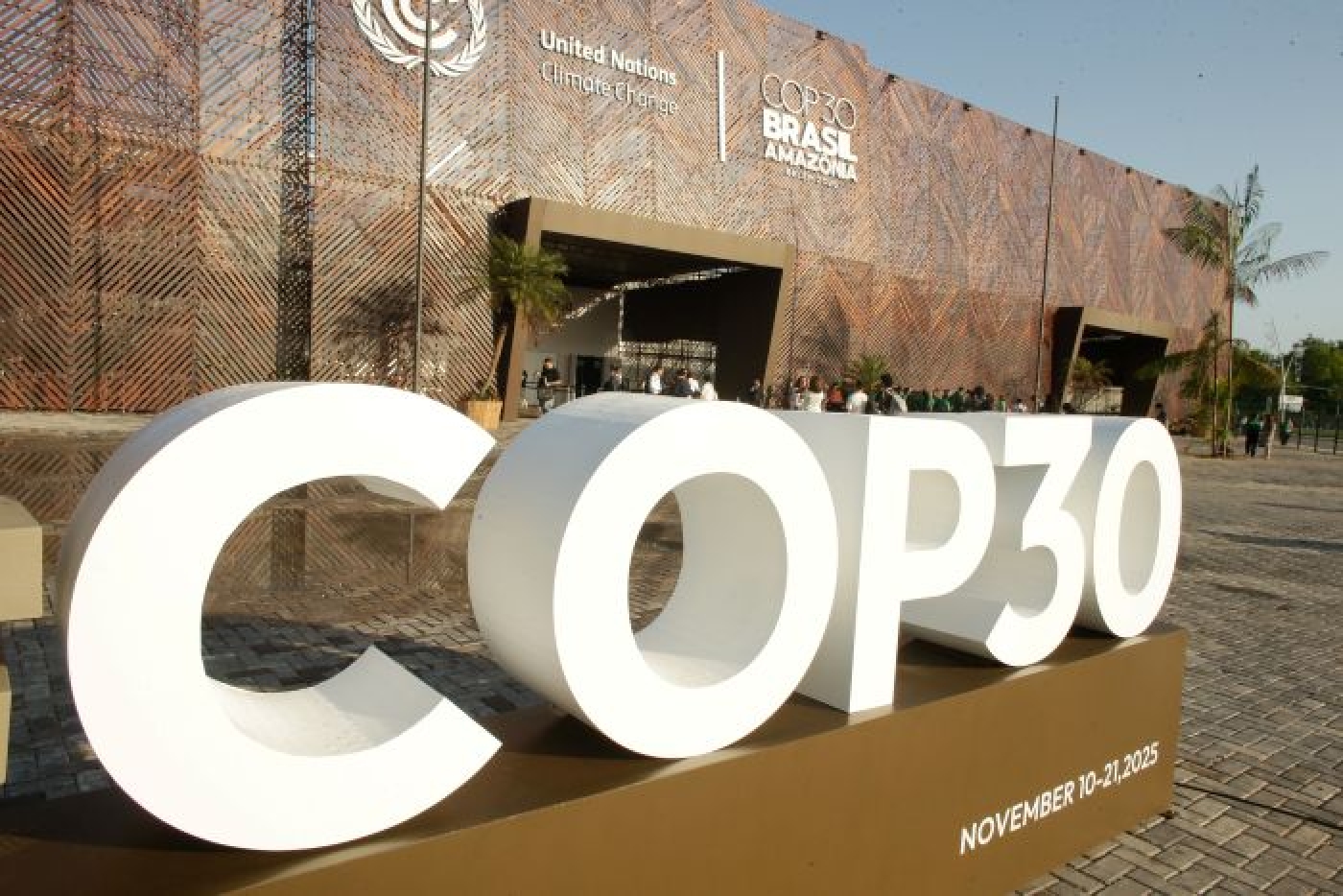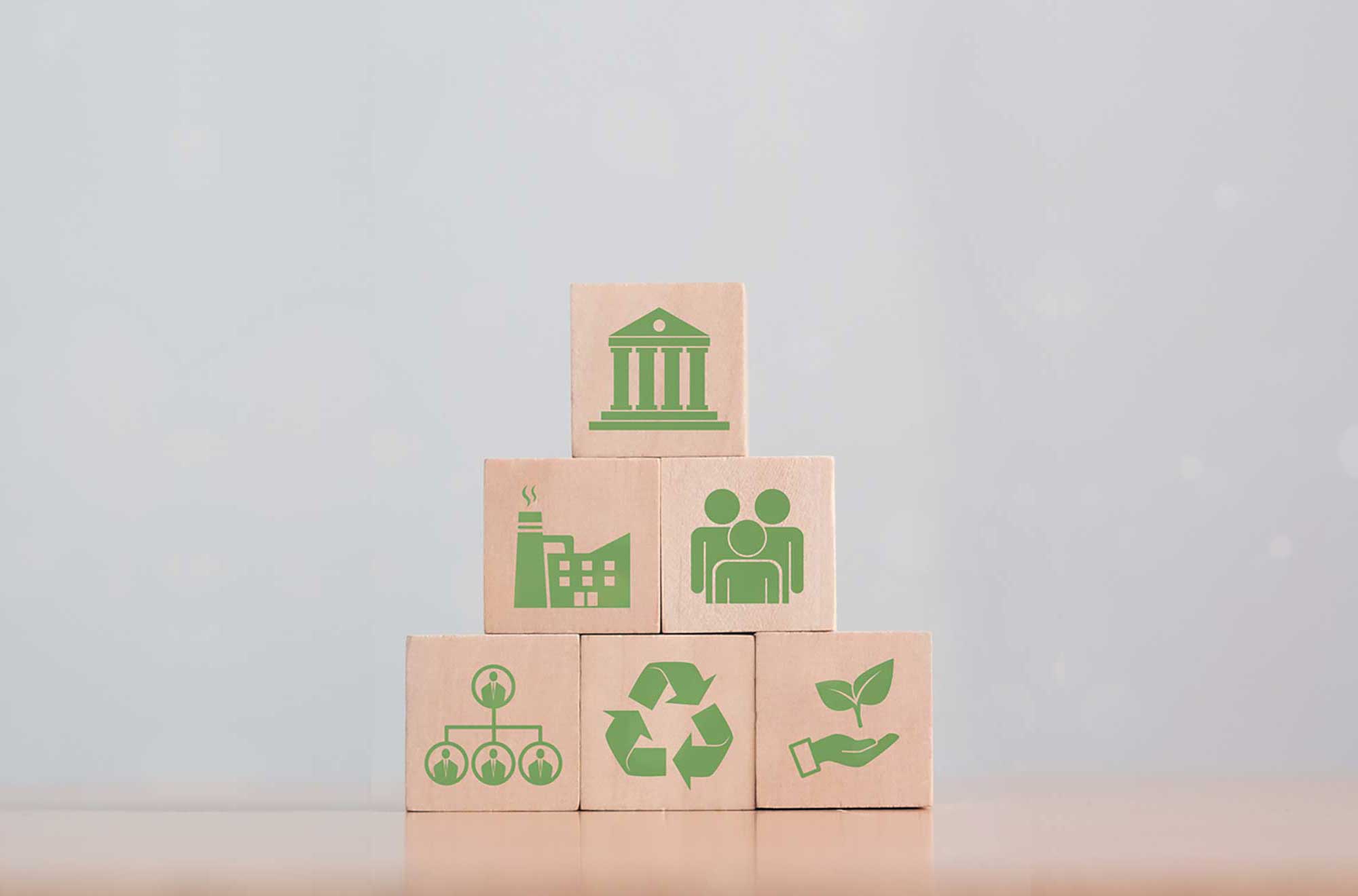Food waste puts unnecessary pressure on limited natural resources such as land and water, contributing greatly to climate change.
In July 2023, the European Commission proposed new targets for reducing food waste as part of the review of the Waste Framework Directive.
Thus, by 31 December 2030, Member States must reduce food waste by 10%, in processing and manufacturing, and by 30% (per capita), jointly at retail and consumption level (restaurants, food services and households), starting from 2020 levels. With this measure, it is intended that the European Union will achieve the Sustainable Development Goal (SDG) 12.3 of the United Nations.
The figures collected in 2020, resulting from the first EU-wide monitoring of food residue levels along the supply chain, will serve as a baseline against which to assess progress. In this proposal, Member States are encouraged to implement ambitious measures, support behavior change, strengthen collaboration between actors across the food value chain and other relevant actors to reduce food waste. Food donation and other forms of redistribution for human consumption, prioritizing human use to the detriment of animal feed and reprocessing into non-food products, are also strongly encouraged in this proposal.
APCER provides the Sustainability and Food Waste Certification service that helps organizations improve sustainability practices, reduce food waste resulting from their operations, and influence stakeholders, demonstrating their commitment to society and contributing to a more sustainable, green and fairer world.














